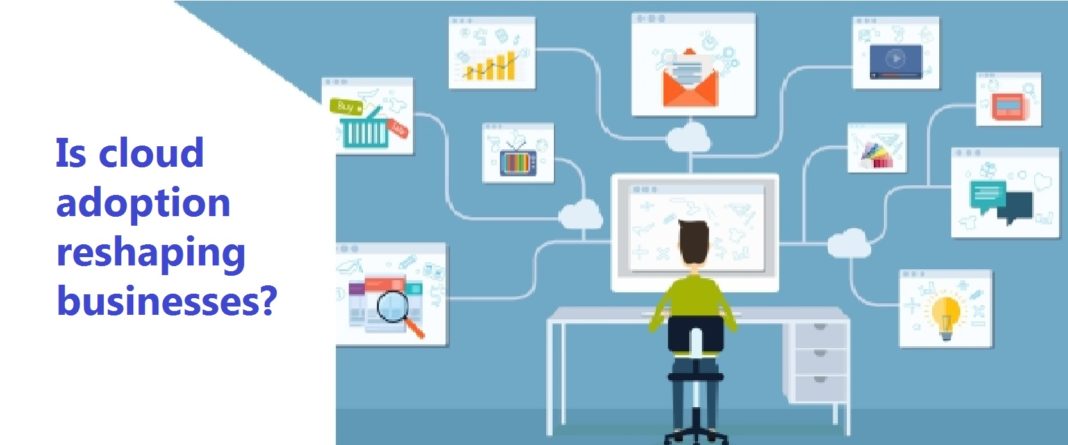Region
India
All the buzz is not here say, businesses have begun to adopt cloud in an incremental manner. Considering the efficiency, scalability, flexibility, cost effectiveness and much more, why mustn’t they? Statista has predicted that the market for IaaS (Infrastructure as a Service) will reach to a staggering amount of 17.5 Billion US Dollars, and AWS (Amazon Web Services) will hold the larger share. Although businesses have been adopting to AWS as their cloud partners, they have known to face certain challenges. Let’s take a look at them, and discuss the methods to overcome them.
1. Finding your key business objective
Businesses are finding it hard to choose the functions and features they need to keep their eye on, while planning the migration process. New AWS apps are known to be sufficient and in compliance with the organisations’ objectives. So, you need to figure out the KPIs and measure the cloud apps regularly to ensure the ROI and effectiveness.
2. Facing the change of technology
How well the employees adapt to the change of technology plays a vital role in the cloud adoption process. Businesses must understand what AWS could bring to the table and take it upon themselves to educate their employees on the same. It takes every member of staff to embrace the shift to make best use of AWS cloud and apply it in their day to day operations in the business environment.
3. Quality and performance
A smooth migration and integration of AWS relies on the quality, performance and reliability of cloud apps and makes it a success. Thus, selecting the right AWS partner is nothing less than crucial. Every aspect of expected minimum downtime, required features and quick access to the nearest data center needs to be accounted for the AWS migration process. Businesses need to be able to estimate the expected downtime in each migration process, to ensure minimal impact.
4. Data Security and Compliance
One of the prime barriers to cloud migration is the data safety issue and compliance. What type of data should be transferred to the cloud? Which services handle what data to which location, and how to manage them for secure access? These are the thoughts that bother business from migrating to cloud. AWS puts all these questions to ease with an industry-compliant secure cloud infrastructure, so that organisations of all sizes can adopt cloud and begin with the migration with most ease.
5. Cost effectiveness
One can co-relate the effectiveness of a business from their ability to predict the cost, in relation to transformation. Which is easier with AWS, as it varies depending upon the service and number of users. Cloud Experts have instructed to start the transition with the least used services, for a smooth and quick transition.
6. Migration from Legacy
Legacy systems are known to be the backbone of business-critical operations widely. Migrating from Legacy to AWS could be a bit of a challenge. Businesses have to identify the short and long term solutions, while considering this type of transition. Experts suggest Hybrid cloud is essential to maintain a smooth operation between Legacy and AWS. In the future, the whole process could be migrated to AWS independently.
Migrating to any cloud services requires rigorous planning and subject matter expertise.Migrating with a right partner helps businesses reduces cost and time. Redington is your cloud partner to make the transition quick and hassle free. Get in touch for a quote and free assessment.





